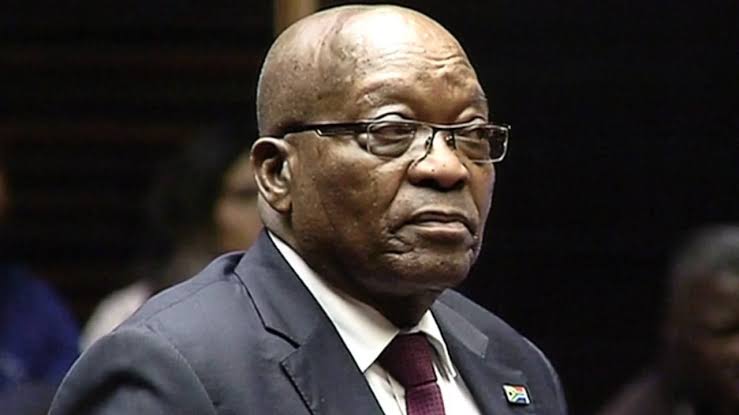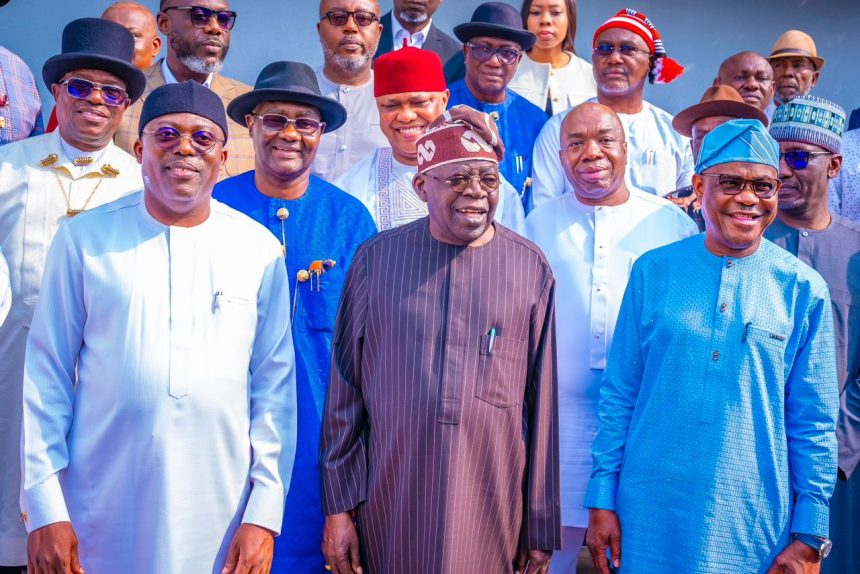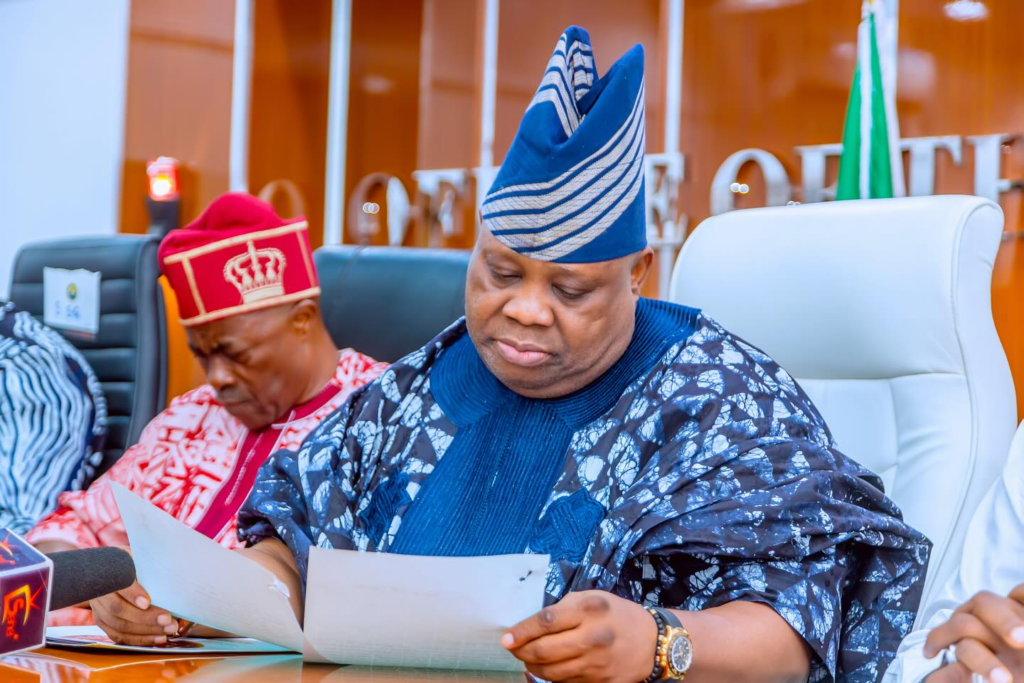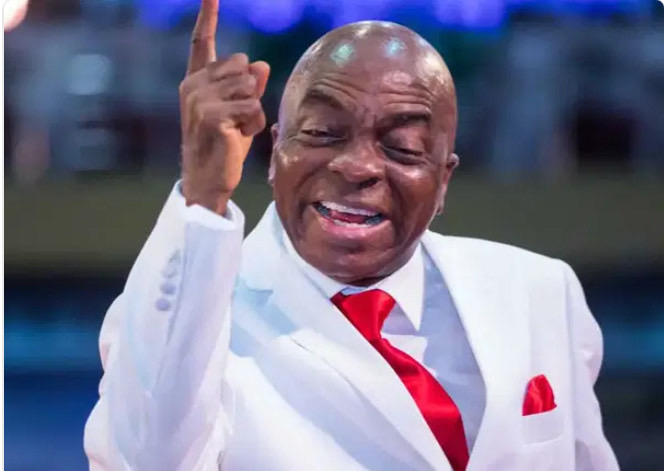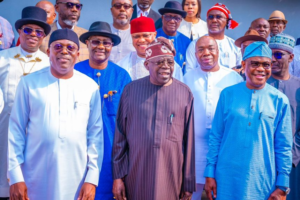South Africa’s highest court ruled on Monday that former president Jacob Zuma, who has faced numerous corruption charges, is ineligible to run for parliament in the upcoming general election.
The ruling could incite unrest among Zuma’s supporters ahead of the May 29 polls, anticipated to be the most fiercely contested since the end of apartheid in 1994.
The court upheld an earlier decision by the electoral commission, stating that Zuma’s 2021 conviction for contempt of court and subsequent 15-month sentence disqualifies him from serving as a Member of Parliament.
Justice Leona Theron, delivering the judgment, affirmed that the constitution prohibits anyone sentenced to over 12 months in jail from standing for election.
Zuma, who was president from 2009 to 2018, served less than three months of his sentence.
Despite this, the court maintained that the conviction renders him ineligible for parliamentary candidacy.
This disqualification means Zuma cannot be elected president, as the head of state is chosen by MPs from among themselves after a general election.
The ruling has angered Zuma’s supporters, including those in his newly-formed party, uMkhonto we Sizwe (MK). Supporters, some clad in military fatigues, have vowed to continue their campaign, aiming to secure a two-thirds majority in the National Assembly to amend the constitution.
Despite Zuma’s significant following in his home province of KwaZulu-Natal, opinion polls suggest his party will struggle to gain traction elsewhere.
At a recent rally in Soweto, Zuma spoke to a large crowd, but only in Zulu, limiting his appeal beyond his core supporters.
MK party member Lindiwe Mtshali expressed disappointment outside the court, accusing the ruling of hindering black liberation.
She and others remain determined to push forward with their campaign, despite Zuma’s disqualification.
Zuma’s legal troubles have persisted since leaving office. He founded MK to challenge the ruling African National Congress (ANC) under President Cyril Ramaphosa.
The ANC, which has governed since 1994, faces a potential loss of its majority for the first time. Zuma’s campaign could erode the ANC’s support base, potentially forcing Ramaphosa to seek coalition partners to retain power.
Outside the court, Neeshan Balton, executive director of the Ahmed Kathrada Foundation, welcomed the decision, emphasizing the importance of upholding the constitution. He noted that Zuma’s disqualification was necessary to ensure constitutional adherence.
The ruling could trigger further unrest, reminiscent of the 2021 riots following Zuma’s imprisonment, which resulted in over 350 deaths.
The Independent Electoral Commission acknowledged that ballot papers had already been printed with Zuma’s image, but confirmed he would be ineligible to serve as an MP if elected.
The ANC continues to grapple with allegations of corruption and rising crime and unemployment. Despite these challenges, the party retains strong support from older voters and manages a broad social welfare system.

